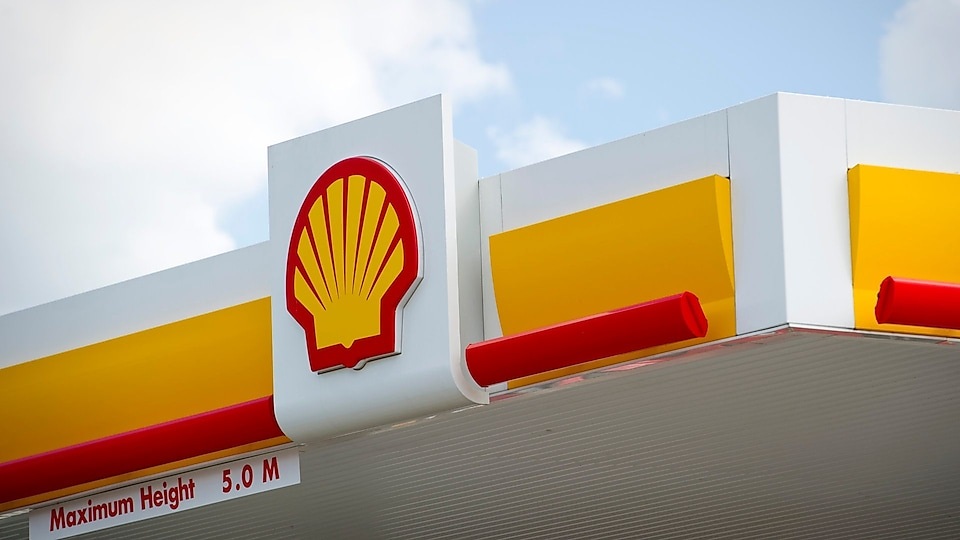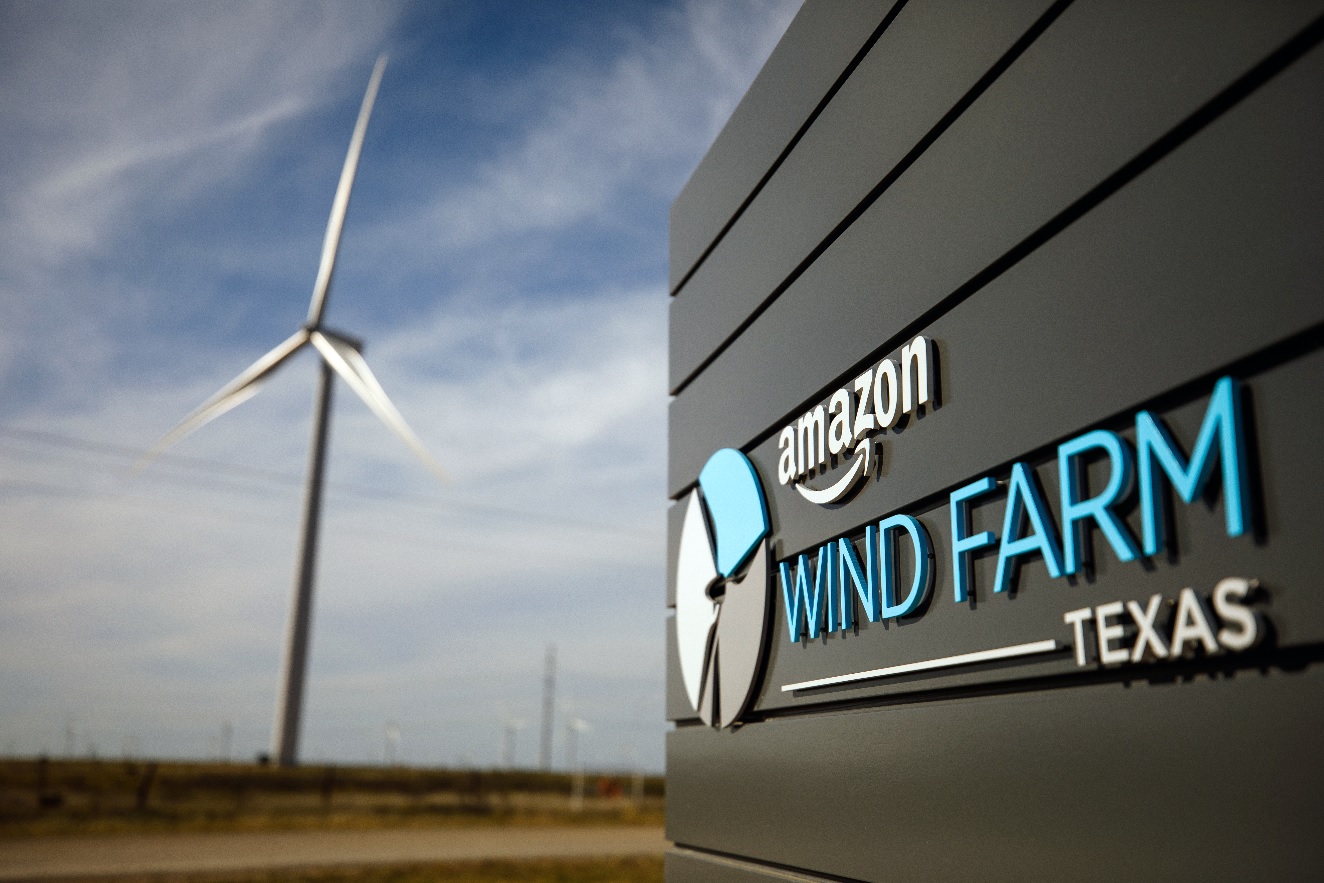$4 Trillion Investor Group Urges Shell to Set Paris-Aligned Scope 3 Emissions Target
A group of 27 institutional investors representing more than $4 trillion in assets under management announced today that they have co-filed a shareholder resolution at Shell, urging the energy giant to set Paris Agreement-aligned medium-term target to reduce emissions arising from the use of its products.
The resolution, led by oil and gas-focused shareholder activist group Follow This, was filed by investors including Amundi, NEST, Scottish Widows and Candriam. Collectively, the investor group owns approximately 5% of Shell stock.
Diandra Soobiah, Head of Responsible Investment at NEST, said:
“We urge Shell to set a credible scope 3 absolute emissions target. This would demonstrate leadership, show Shell is serious about transitioning its business, and play a role in generating real-world change.”
The resolution calls on Shell to align its medium-term target for reductions in Scope 3 emissions from the use of its energy products with the goal of the Paris Agreement, which aims to limit global warming to well below 2°C, and to pursue efforts to limit the temperature increase to 1.5°C. The resolution also states that it leaves the strategy for achieving the targets up to the board of the company.
Follow This led a group of shareholders last year in filing a similar resolution, which received 20% support at Shell’s 2023 AGM. The updated resolution incorporates key changes, including replacing last year’s “2030 target” with a less prescriptive “medium-term targets,” and a rewritten supporting statement focused solely on emissions.
Mark van Baal, founder of Follow This, said:
“Large shareholders hold the key to tackling the climate crisis with their votes at shareholders’ meetings. Shell will only change if more shareholders vote for change. The resolution is designed to give Shell a shareholder mandate to drive the energy transition.”
In 2020, Shell announced a commitment to achieve net zero in its operations by 2050, and in 2021, the company launched its “Powering Progress” strategy, detailing how it will achieve its target to be a net-zero energy business by 2050 across Scope 1, 2 and 3 emissions, with initiatives including investing in renewable and clean energy solutions.
While the company has set 2030 targets to reduce its Scope 1 and 2 emissions, it has avoided setting an interim Scope 3 target. Scope 3 emissions represent more than 95% of the company’s carbon footprint, with “use of sold products” accounting for approximately 74%.
In the company’s “Energy Transition Progress Report” released last year, Shell Chairman Andrew Mackenzie said that “the Board has considered setting a Scope 3 absolute emissions target but has found it would be against the financial interests of our shareholders and would not help to mitigate global warming.” Shell added that in order to implement a more ambitious Scope 3 target, the company would be required to reduce its sales of oil and gas products, which in the absence of a change in customer demand, “would effectively mean handing over customers to competitors.”
In a statement provided to ESG Today following the announcement of the resolution, a Shell spokesperson said:
“Shell’s Board has previously advised shareholders that the Follow This resolution was unrealistic and simplistic, that it would have no impact on mitigating climate change, have negative consequences for our customers, and was against the interests of the company and our shareholders.
“Continued, targeted investment in oil and gas will remain necessary to meet global energy demand over the coming decades as the world transitions to a lower-carbon future.”





